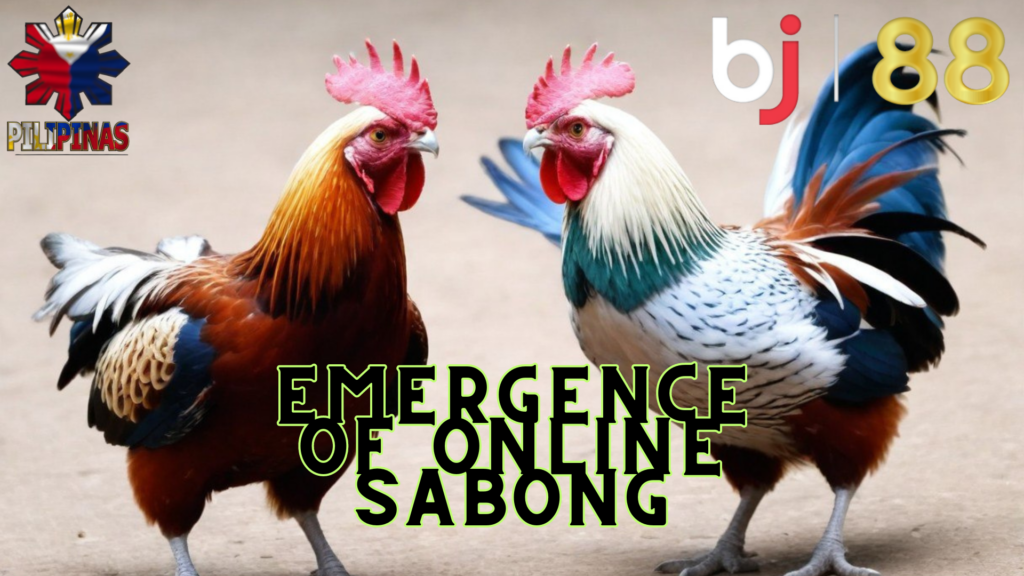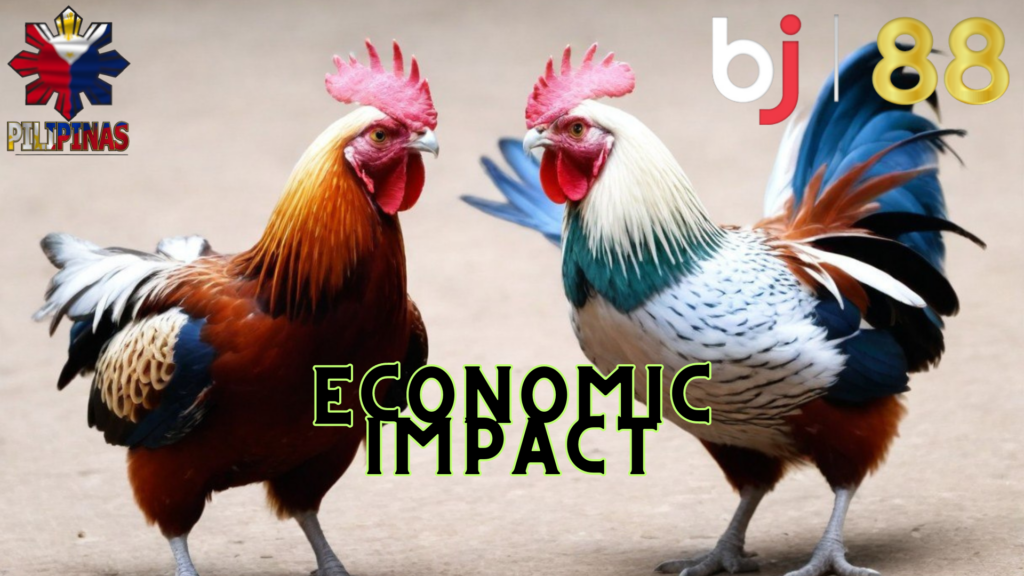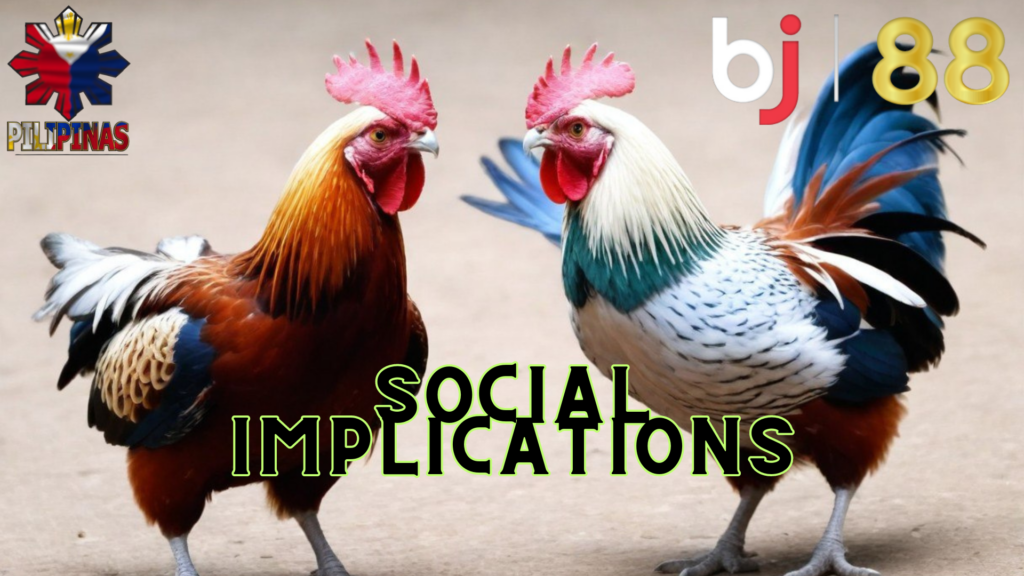In recent years, online sabong, or online cockfighting, has surged in popularity in the Philippines. This age-old blood sport, deeply embedded in Filipino culture, has adapted to the digital age, providing both economic benefits and new forms of entertainment. However, it also brings significant ethical and legal challenges.

Cockfighting, locally known as “sabong,” has been a staple of Filipino culture for centuries. Traditionally, it involves two roosters fighting until one is incapacitated or killed, with bets placed on the outcome. This activity is more than just a pastime; it is a culturally significant event often linked to fiestas and other major social gatherings.

The transition to online sabong began in the late 2010s, spurred by advances in streaming technology and increased internet access in the Philippines. Online platforms started to broadcast live cockfights, enabling remote participation. The COVID-19 pandemic further accelerated this shift as public gatherings were restricted, forcing traditional arenas to close. Online sabong offered a viable alternative, maintaining the tradition while adapting to new social realities.

Online sabong has evolved into a highly profitable industry, generating substantial revenue. The convenience of online betting has attracted a wider audience, including overseas Filipino workers (OFWs) who can now engage from afar. The industry has created various jobs, from breeders and handlers to IT professionals and customer service representatives. It also contributes to government revenues through taxes and regulatory fees.

The legal status of online sabong is complex and often contentious. While traditional cockfighting is legal and regulated under specific conditions in the Philippines, online sabong occupies a more ambiguous space. The Philippine Amusement and Gaming Corporation (PAGCOR) has licensed certain operators, but the industry remains largely underregulated. This situation raises concerns about fair play, addiction, and potential exploitation.

The move to online platforms has not diminished the ethical debates surrounding sabong. Animal rights activists argue that the sport is inherently cruel and should be banned in all forms. The increased visibility and accessibility of online sabong have intensified these debates, as graphic content is more readily disseminated and viewed.

Online sabong also has significant social implications. Its ease of access has led to worries about gambling addiction, especially among younger and more tech-savvy populations. Stories of financial ruin due to reckless betting are not uncommon. Additionally, the anonymity of online platforms can facilitate illegal activities such as money laundering and underage gambling.
Conclusion
Online sabong represents a compelling intersection of tradition and technology in the Philippines. While it has revitalized a centuries-old practice and provided economic benefits, it also presents serious ethical, legal, and social challenges. Balancing the preservation of cultural heritage with modern concerns is crucial for the sustainable development of this controversial industry. As debates continue, the future of online sabong will hinge on comprehensive regulation and a societal consensus on its place in Filipino culture.

